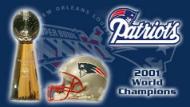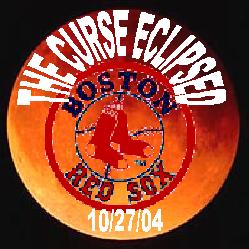What is Linux?
Linux is, for most of us who use it, the open source operating system (OS)1. It competes directly against Windows and the Macintosh OSX. Linux differs from those two systems by being open source and "free" in two ways.- You can get Linux for no cost. It is "free as in beer". Gratis is often the term used.
- You can get linux with no corporate limitations. It is "free as in speech or as in personal liberty". Libre is the recommended term.
Initially, many people get Linux from a friend who recommends it. The donor friend didn't need to pay for the OS or even buy the installation disk, and has the right to make copies of the disk and install from it an unlimited number of times on as many different computers as desired.
By contrast, Windows (in all its versions) and Macintosh OS (in all its versions) usually come installed by a computer manufacturer. The cost of the computer includes the cost of the operating system, but is not "free" in either sense. The computer manufacturer had to pay for the OS and passes the cost on to you. Secondly, the OS is licensed only for use on the computer you purchased and cannot legally be installed on even just a second computer.
Linux was initially the brainchild of Linus Torvalds from whom the name "Linux" has been derived. When Linux was put on the Internet for comment, many developers gathered around it, and it quickly became the most popular of the "like Unix" operating systems.
The operating system is similar to the Unix operating system, built on the same concepts of many small components which work really well for their single job, but which combine to provide Linux great general power. Linux is strictly speaking the operating system kernel. Together with all the other program elements of open source GNU3 That is the core element of making a computer function for practical uses. Linux is part of the GNU group of programs. Together they are the full operating system. Therefore, many people want to call the OS "GNU Linux".
Footnotes:
1 Linux
isn't the only open source operating system. There are several others
based on the Berkley Software Distribution (FreeBSD, NetBSD, etc.) that
also work "like" Unix. Unix itself was originally developed by
AT&T for its internal use, but it became very popular and had
many versions licensed from its corporate creators.
2 Linux is released under a license that expects you to distribute your modifications in a way that others can read them (source distribution) and make further use of the modifications. You cannot modify and distribute changes just in binary (executable) format. (See the Gnu General Public License, GPL)
3 GNU is a recursive acronym "Gnu's Not Unix".
2 Linux is released under a license that expects you to distribute your modifications in a way that others can read them (source distribution) and make further use of the modifications. You cannot modify and distribute changes just in binary (executable) format. (See the Gnu General Public License, GPL)
3 GNU is a recursive acronym "Gnu's Not Unix".



![[FSF Associate Member]](http://static.fsf.org/nosvn/associate/fsf-10299.png)


